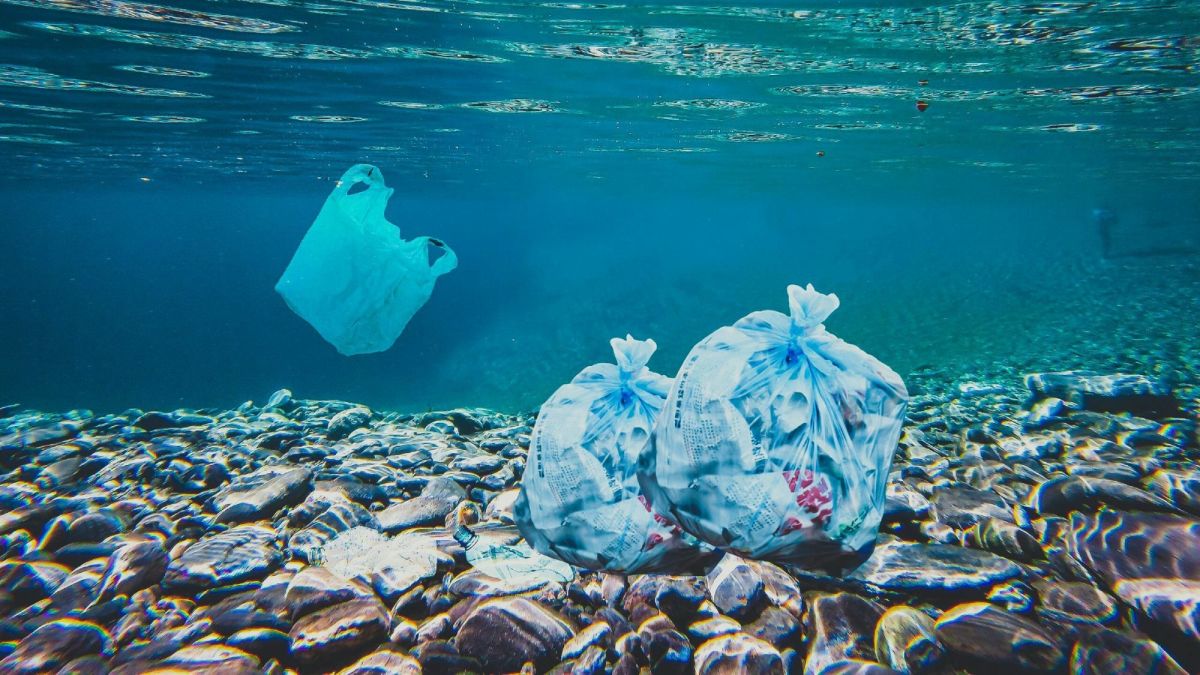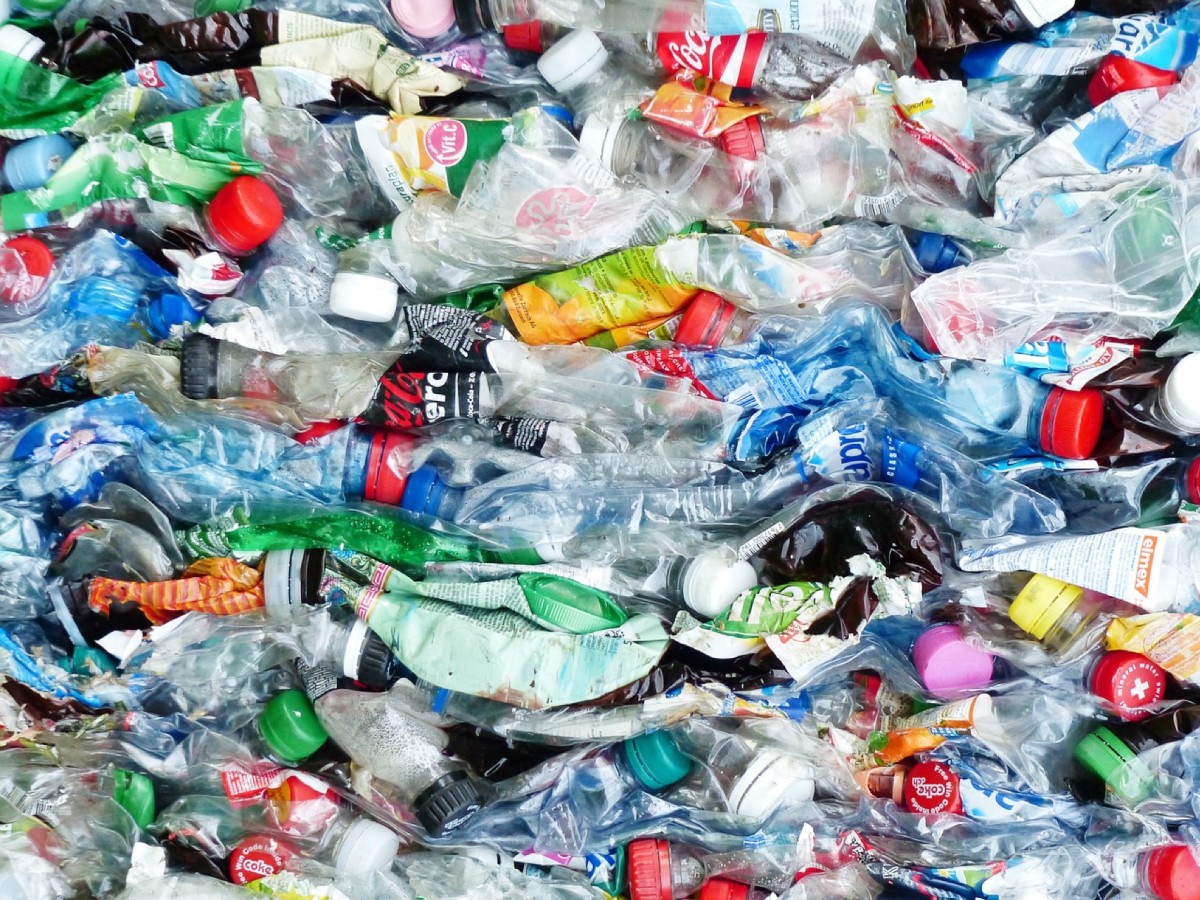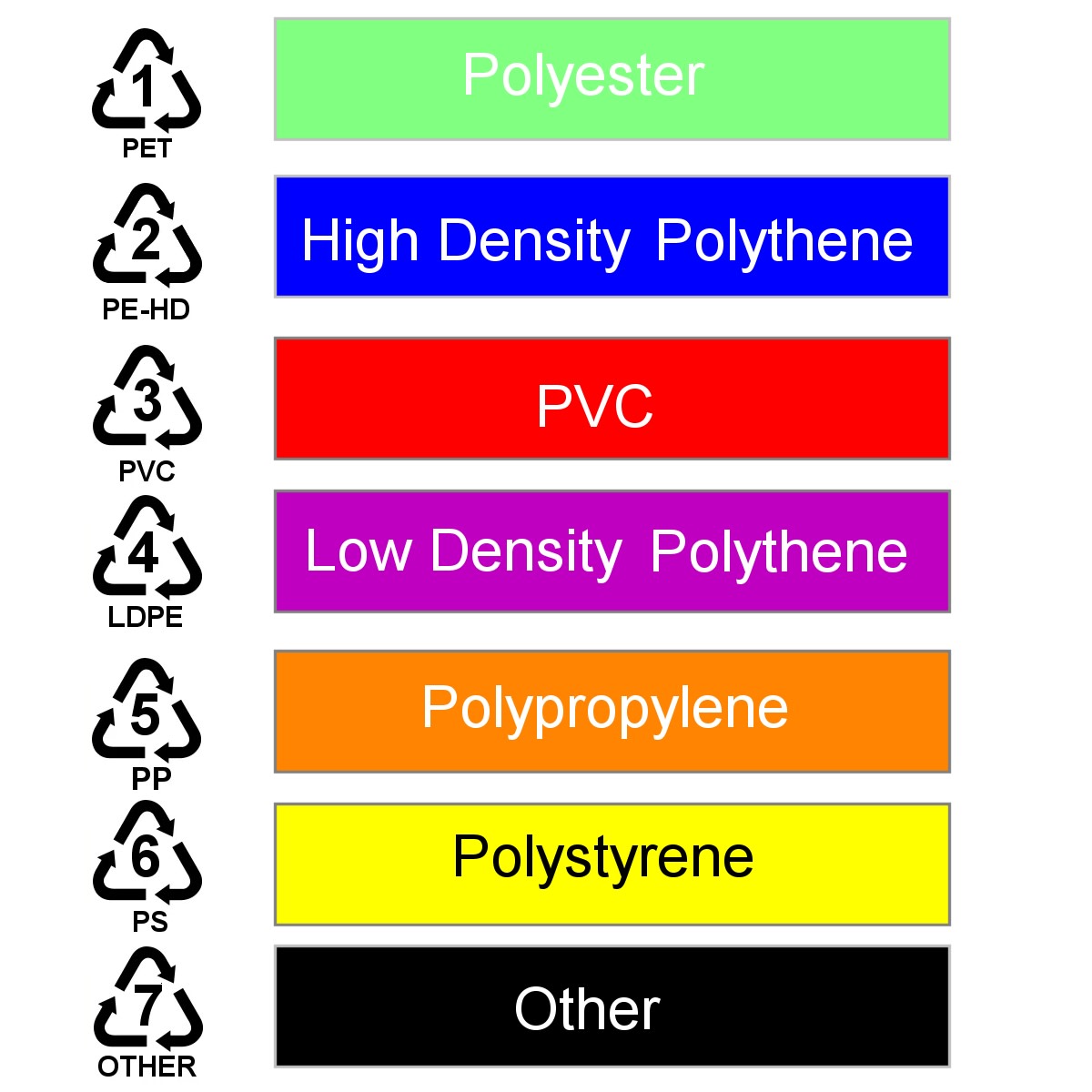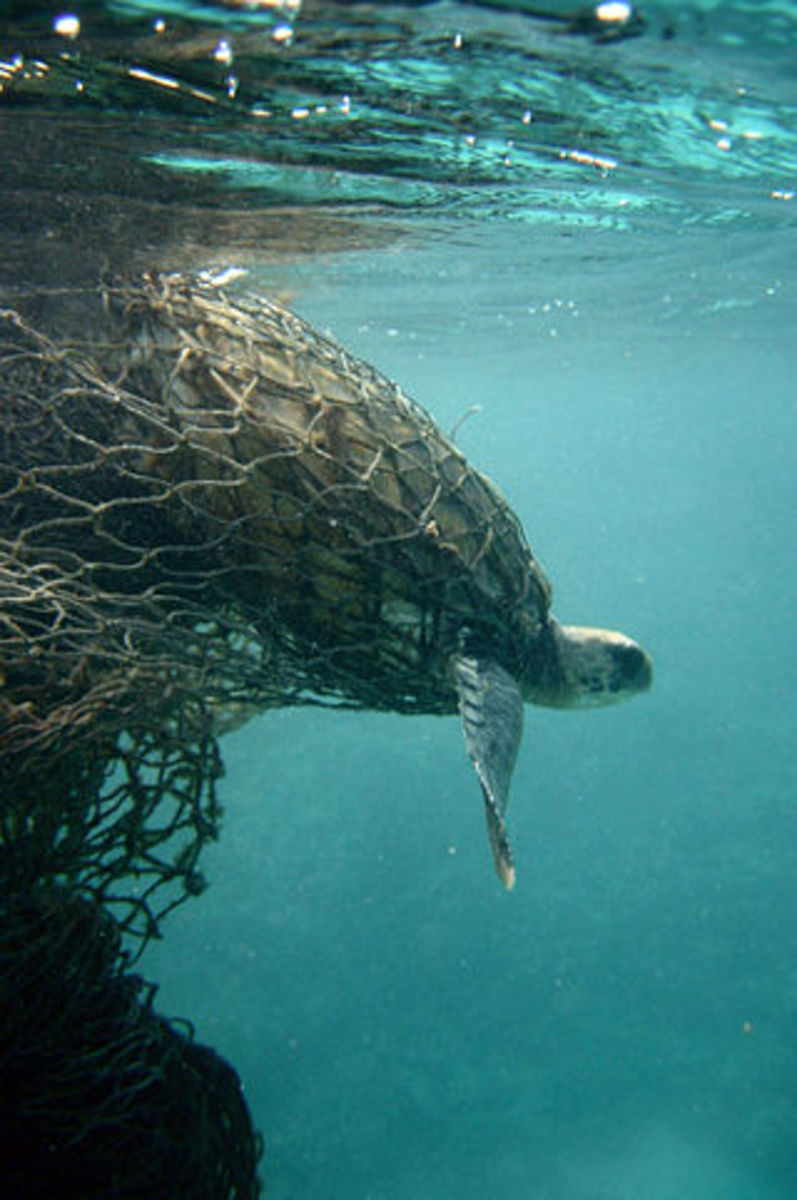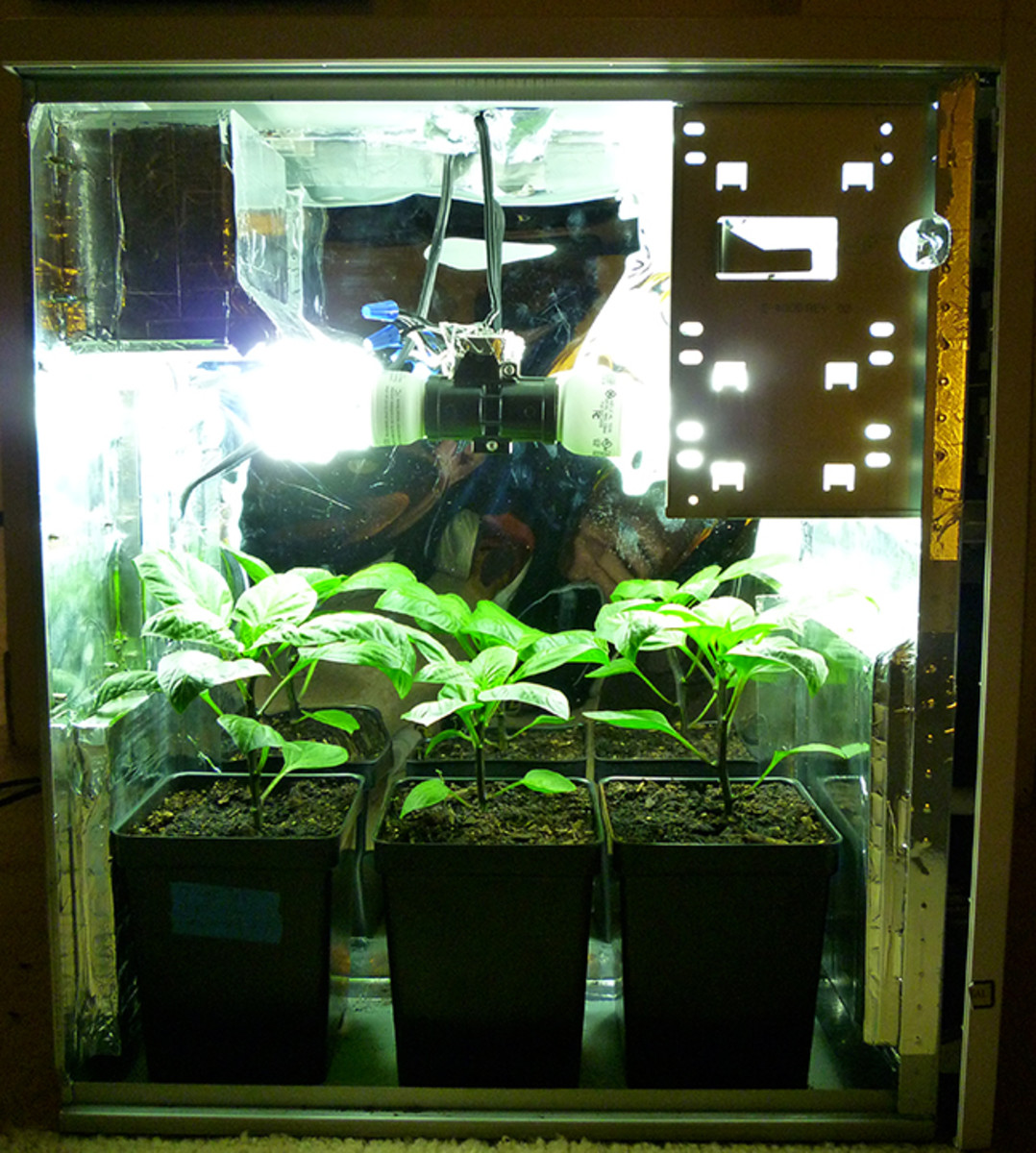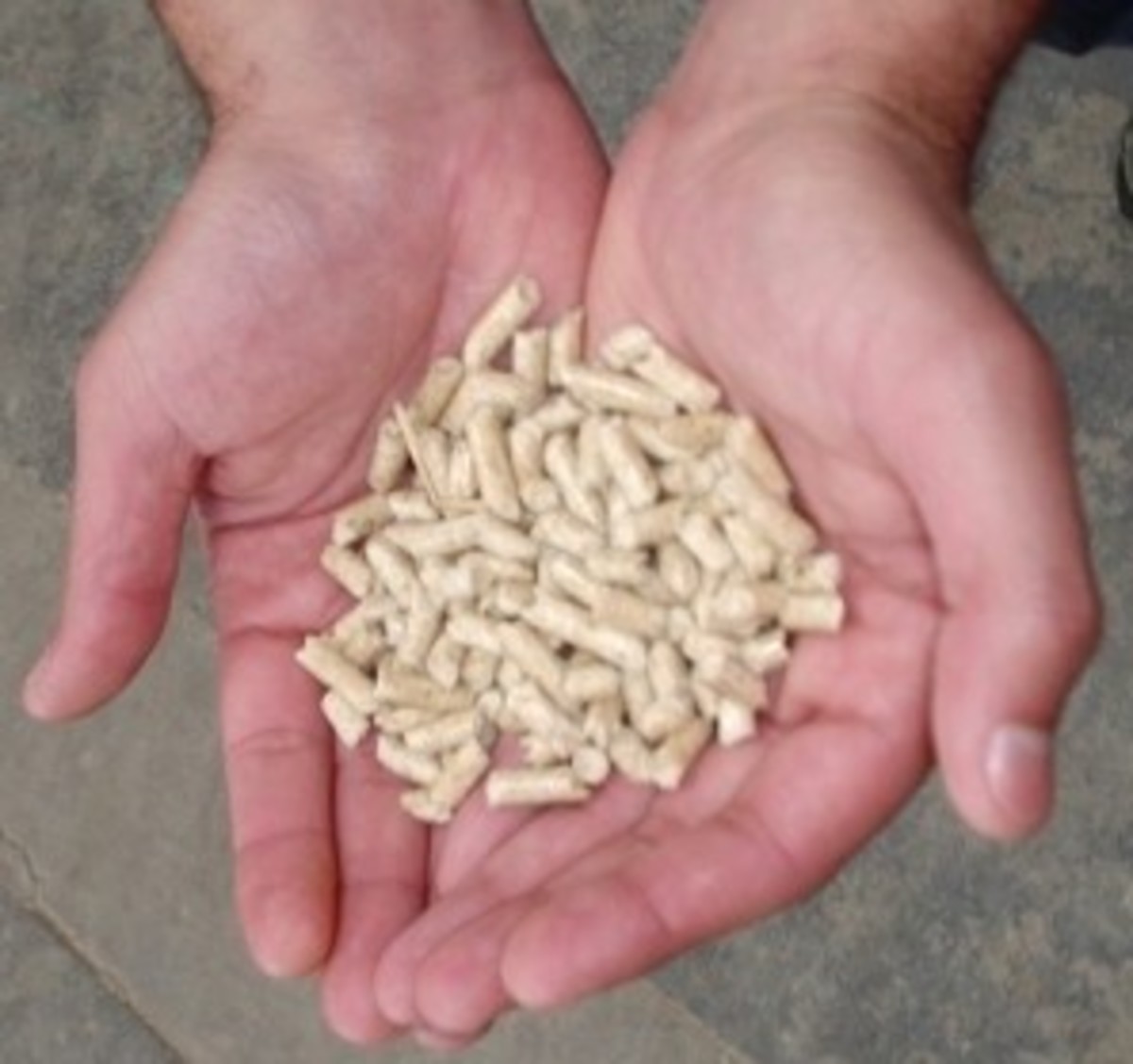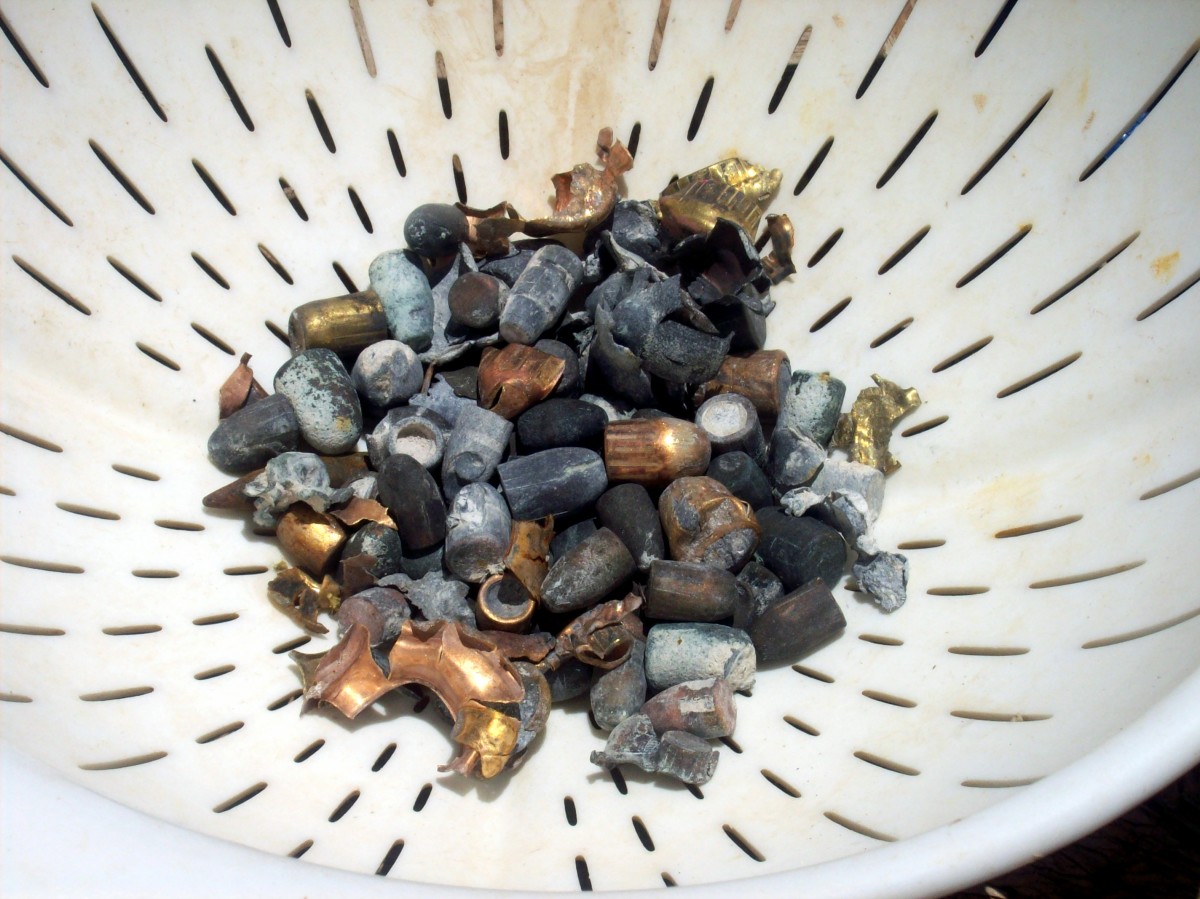Plastic Waste
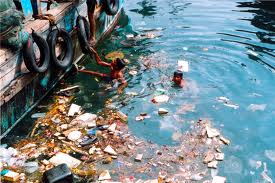
Plastic - the new DDT?
Plastics in our waste is becoming more of an issue all over the globe.
Scientists have discovered that pieces of plastics known as 'Mermaid's Tears'; small pieces of either raw plastics that have escaped from processing plants or pieces of plastic that have broken up from other items, litter our seas over four continents. Over 300,000 pieces are found on average over every square kilometre of water surface and 100,000 on every square kilometre of the sea bed.
In 2005, Dhaka, Bangladesh produced 137.57 tonnes of plastic - per day.
That quantity alone to me is hideous as if you think about it, if that was used as an average for every city in the world, that's 4,000 cities or thereabouts producing 550,280 tonnes of plastic waste per day worldwide.
Of course, that's only a guess, a rough estimate, but that's over half a million tonnes a day of something that was produced because it's convenient.
I don't wish to cause too much of a stir, but wasn't that what was said about DDT? It was effective and widely used after WW2, but no-one seemed to give much thought to what it was actually going to do to the environment.
How long is it going to take us to see that the convenience of plastic for packaging is not enough of a reason to continue production and use of something that is already threatening the eco systems of four continents and is probably reaching further than that.
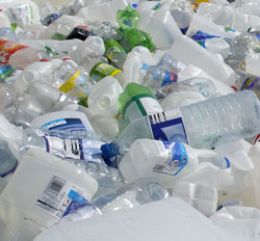
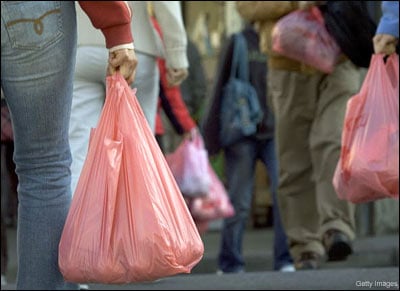
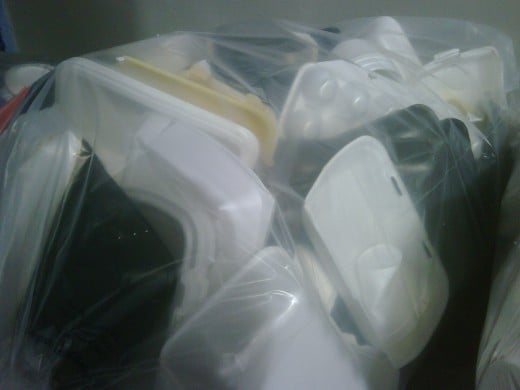
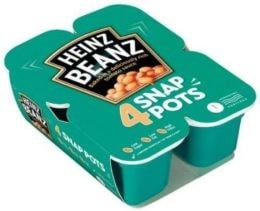
Convenience
Plastics in packaging are a convenient, cost-effect means of wrapping, packing and otherwise containing items we produce, especially perishables.
So we wrap them in a plastic bottle or some other plastic container then wrap again in either a cling-wrap or shrink-wrap and off it all goes.
It's all so convenient.
Or is it?
We know that in PVC alone, the pollution aspect is incredibly high, with hundreds of thousands of tonnes of PVC destined to meet the waste pile in the coming years. What's worse is that less than 1% of PVC products are recycled and the waste is estimated to grow into hundreds of millions of tonnes.
We also know that plastic bags can take 400-500 years to break down, but not before they have broken up, depositing small granules of plastic into the oceans and seas, which are now thought to be causing issues with the wildlife and spreading into the food-chain.
So what appears to be convenient initially, is not so convenient at all as we are pumping this waste into the environment at the rate of at least half a million tonnes a day.
Worse still, is the fact that large companies are introducing more and more products each year that all use the plastic container to pander to people's increasing need to 'save time'. so people in the pet food industry produce plastic pouches of pet food to make it easier for people to feed their pets and throw the wrapper away - it's convenient.
Heinz foods have just begun marketing a product called Snap Pot Baked Beans, so that a person can 'nuke' a pot in a microwave and have beans on toast for one. Whilst that's very convenient, that's more plastic that needs to be disposed of, just so that someone doesn't need to open a larger can - which IS recyclable in favour of a small plastic pot - which isn't.
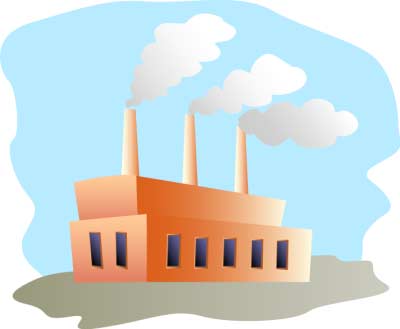
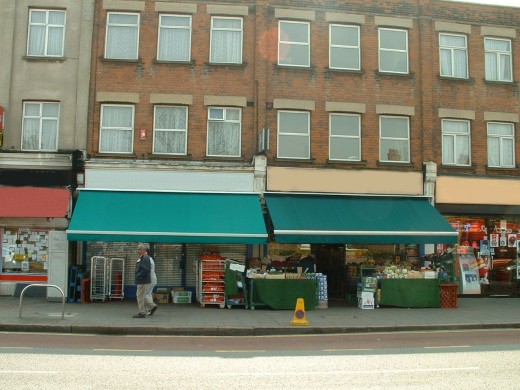
What is the cause?
The causes are industry and commercial outlets.
Industry has found an economical use for plastics in so many areas that where possible, they will use plastics as they're cheap to buy and once they've finished with them, someone else has the responsibility of dealing with the waste.
The same can be said of shops and supermarkets too. They package meats, fish products and a whole host of other things in plastic containers, which whilst convenient for them, is not so convenient for us or the planet when it comes to disposing of it all.
I can understand the marketing aspect of a clear plastic box with fresh fish or meat in. It helps to sell the product, but in most cases, it also helps to disguise something that's perhaps not quite as nice as it could be.
Recycling plastic must be the answer
Recyclable plastic is a misnomer, just as is the term biodegradable.
In order to recycle, the facilities must be available. In my area, recycling all the different forms of plastic isn't an option and besides, there are so many forms of plastic out there, that catering every type would be a mammoth task.
First, the plastics would need to be separated and who's going to do that?
In order to achieve separation of the various types of recyclable plastics correctly, people would have to be paid to do it. You could leave it to the consumer, but that's asking for trouble. Many consumers can't be bothered already, so adding more separation, more bins to fill and more responsibility is not going to get the job done.
Already, it's not looking like recycling working in the long term is even possible, let alone financially viable. Not only that, but it's only good for the plastics that are recyclable in the first place, not for those that aren't and the biggest kicker is that unlike metals and glass that can be recycled over and over again, plastics can't.
We can therefore assume that we will always have some plastics, so we should decide what's necessary and what's not and ban the rest.
Convenience ceases when disposal becomes impossible and since we can't get rid of the vast majority of the plastics we are producing on an annual basis, disposal has to be viewed as impossible.
What about biodegradable plastics?
Good question, but once again, this is something that isn't as it appears.
The average biodegradable or compostable bag will not break down in a domestic situation. You cannot put this into the compost bin at home and have it degrade naturally, it just doesn't work.
Unless a plastic can be created that will break down naturally in a more sensible time span - i.e., not 400-500 years - then biodegradable cannot be seen as a viable option.
So what can we do?
As extreme as it seems, I think the only way we can successfully deal with this issue is to ban anything that can't be classed as 'necessary'; anything that can't be readily packaged in any other eco-friendly product. There are items that need to go into plastic wrappers and containers, but the majority could be put in other products that don't pose such a threat to the environment, either in their production or their ultimate disposal.
We could ban plastic egg cartons as recycled paper products can be used over and over again to produce those. Soda and other drinks can either be in metal or glass - which is highy recyclable and Milk can go into tetrapacks - waxed cardboard containers, which again can be readily recycled.
Packaging for electronics equipment that are currently protected by polystyrene foam could be repackaged using similar products to recycled cardboard egg cartons. Many companies already use this method and since it's readily recyclable or compostable and in the case of the cardboard box - reusable, there is much to support that argument.
Forget convenience
This may also seem extreme, but in the long term, it's the only way to stop the constant deluge of plastics into the environment.
Supermarkets use them extensively and their removal may see a rise in prices, but at the same time, would show a dramatic reduction of waste going into the environment. We're already paying for its disposal, perhaps if it wasn't there in the first place, we would reduce the cost of waste management and therefore save money in that area.
We need to get out of this thinking that everything should be provided for us on a plate - a plastic plate. Fast food outlets, pet food producers and drinks manufacturers - in fact everyone who thinks that plastic packaging is convenient should think again as in the next twenty years or so, this issue is going to be much worse.
Once the poisons that plastics leach into the environment establish themselves in the food chain - which they're doing right now, we could be looking at something much worse than the mere unsightliness of plastic bags, burger boxes and fried chicken containers littering the streets.

